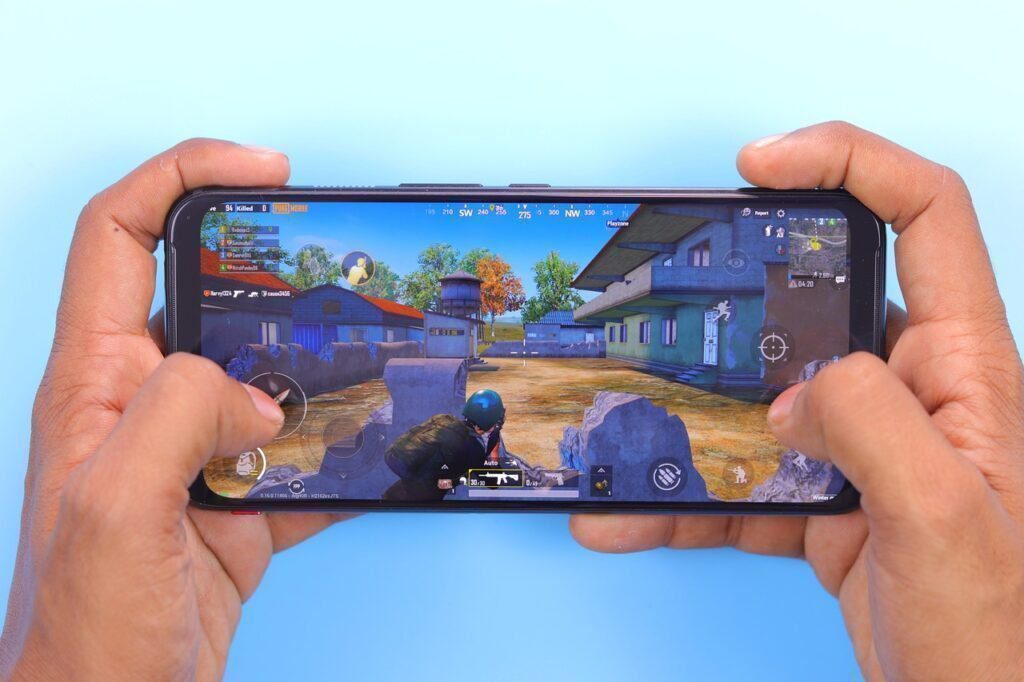In 2025, the most downloaded horror game on Steam didn’t list a studio. Its Twitter/X account had no real name. The domain was registered with Monero. Its dev logs? AI-written. The team behind it? A nameless Discord handle who vanished two weeks after launch.
Welcome to Game Dev Ghost Mode—a rising underground movement where anonymous developers are creating viral game hits without a studio, funding, or public identity. No press tours. No interviews. No legal entity.
Just pure execution, digital stealth, and decentralized tools.
From AI-generated assets and private Git repositories to Web3 payments and encrypted collaborations, these teams are redefining what it means to build a game—and why you don’t need permission, branding, or even a face to go viral anymore.
Let’s go deep into this subculture of creators and see how Ghost Mode is becoming a powerful new normal for indie and underground developers.
What Is Ghost Mode Game Development?
Ghost Mode refers to the deliberate anonymity of game developers or teams who:
- Never reveal their real names or studio affiliations
- Often publish under pseudonyms or faceless social handles
- Use privacy tools to hide IP, location, and hosting
- Sometimes vanish after the game is released
In short: no face, no team, no trail. Just the game.
These devs aren’t just being secretive—they’re building entire games in the dark and often releasing them into the world as digital ghosts.
Why Are Devs Going Ghost?
🕵️ To Avoid Censorship
Developers building politically sensitive, culturally taboo, or controversial themes often choose Ghost Mode to:
- Stay outside legal retaliation
- Bypass app store content restrictions
- Reach niche audiences without moderation
💰 To Keep Profits (and Taxes) Quiet
Going ghost means:
- No corporate taxes
- No platform fees (if sideloaded or self-hosted)
- Payouts in crypto or stablecoins
- No public ties to revenue
😈 To Experiment Without Reputational Risk
Ghost Mode allows devs to test:
- Wild ideas
- Offensive humor
- Glitched mechanics
- Unethical AI scenarios
…without hurting their name or brand.
🔐 To Protect Identity in Repressive Countries
In places like Iran, China, or North Korea, anonymous game dev is a form of free speech.
Tools That Make Ghost Mode Possible in 2025
| Use Case | Tools/Platforms |
|---|---|
| 🔐 Identity Masking | Mullvad VPN, Tails OS, Tor, i2p, pseudonymous Git accounts |
| 💬 Anonymous Collab | Element (Matrix), Revolt.chat, Ricochet X, Wormhole.sh |
| 🧠 AI Game Building | Scenario.gg, GPT-4 Turbo, Unity AI Agents, Spline AI |
| 🎮 Deployment | itch.io (no KYC), decentralized IPFS hosting, Skynet, Web3.storage |
| 💸 Monetization | Lightning Network, Monero, OpenSea (for token access) |
| 📦 Distribution | Pirate Bay clones, decentralized torrent trackers, stealth Reddit drops |
| 👻 Asset Creation | Midjourney, Leonardo.ai, RunwayML (text-to-animation) |
Real-World Ghost Mode Success Stories
🎮 “Room Zero” (2025) – Indie Survival Hit
- Claimed over 4M downloads via Torrent, itch.io, and Telegram links
- Entirely built on Unreal Engine 5 with AI-generated textures
- Posted devlogs under “@phage.exe” on X
- Controversial plot: Set in a simulated afterlife, questioning religious narratives
- Removed from Steam within 24 hours due to content policy—viral on Reddit after
🎮 “DoNotPlayThis.exe” – ARG Horror Puzzle Game
- Appeared on 4chan without credits
- Required players to solve cryptographic puzzles to unlock levels
- Ended with a URL to a Git repo + Monero wallet tip link
- Estimated $40K in donations within 3 weeks
🎮 “Echo404” – Cyberpunk AI Narrative
- Game with no UI—played entirely via voice prompts
- AI wrote and rewrote plot in real time, including side characters
- Said to be built by a “collective of neural devs”
- No human interviews, no traceable code commits—just a working experience
How These Games Go Viral Without Marketing
- Launch in Secrecy
- Upload to a decentralized host (like IPFS)
- Share to niche Discords, subreddits, or dark web forums
- Let the Community Spread It
- Creepy or unexplained games often go viral on TikTok, YouTube, or Twitch
- ARG and mystery gameplay = instant shareability
- Use Enigmatic Handles
- Devs build reputation under aliases like “GlitchX_07” or “NEON404”
- Cult status grows with mystique
- Time-Based Access or Self-Destructing Launchers
- Adds urgency and intrigue
- Creates lore around the app/game itself
What Are the Legal & Ethical Implications?
| Concern | Ghost Mode Response |
|---|---|
| 🎯 Copyright Theft | Many ghost devs use AI assets = unclear IP territory |
| 👮 Legal Risk | Hosted in non-extradition zones or P2P mesh networks |
| 🚸 Harmful Content | Games may contain dark or unmoderated content |
| 💀 Responsibility | No one to hold accountable if the game causes harm |
Some argue Ghost Mode is reckless. Others say it’s the future of creative freedom.
What This Means for the Game Industry
- 🧨 Publishers are scared: Ghost games are proving you don’t need PR, funding, or permission to win.
- 🧠 AI is an equalizer: One talented dev + AI = AAA-grade experiences.
- 💡 Ideas matter more than polish: Players care more about “WTF is this game?” than frame rates.
How to Build in Ghost Mode (Legally or Not)
- Use secure communication tools (Matrix, Ricochet X)
- Deploy through encrypted Git or IPFS
- Use AI-generated everything (code, voice, art)
- Accept crypto + offer no refunds (or automate via smart contracts)
- Create a story, mystery, or ARG hook—not just a game
- Disappear (or reinvent under a new alias) post-launch
Final Thought
You don’t need a studio. You don’t need funding. You don’t even need a name.
In 2025, the most powerful force in indie gaming may not be talent or marketing—but anonymity.
Ghost Mode isn’t a gimmick.
It’s a revolution.
And in that ghostly silence, some of the loudest hits are being born.
